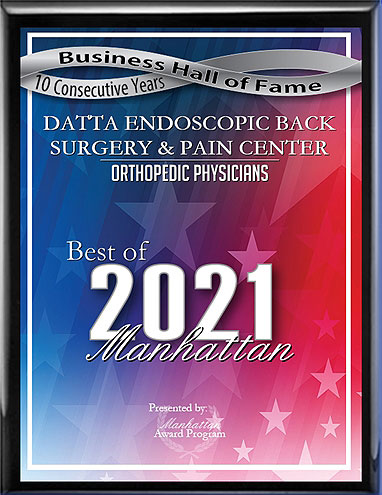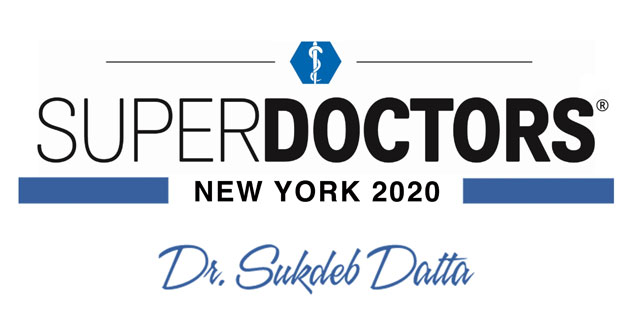If you have a herniated disc, you are well aware of why it's so important to get effective treatment. Herniated discs can cause pain, numbness, and muscle weakness, leading to a drastic effect on your mobility and quality of life. Fortunately, there are many effective methods for treating a herniated disc. Many cases respond well to non-surgical treatments. If yours does not, then there are a couple of herniated disc surgery options.
Traditional Spine Surgery
Traditional spine surgery is an invasive procedure, but it can be effective at treating herniated discs. During this procedure, the doctor creates a large incision along the spine, and peels away layers of skin, muscle, and connective tissue to access the spine. Then, he or she manually removes the herniated disc using surgical tools.
In order to fully access the affected portion of the disc, it's not unusual for doctors to need to remove small portions of vertebral bone, which can in turn create a need to stabilize the spine by fusing two vertebrae. Both of these interventions are highly invasive, and can lead to a longer recovery time and a higher risk of side effects.
Laser Spine Surgery
Laser spine surgery is a minimally invasive option for treating herniated discs. During this procedure, the surgeon has no need to make a large incision. Instead, the procedure is performed endoscopically, meaning that a camera is inserted through a small incision, allowing for clear viewing of the area being treated. Then, a laser probe is inserted through another small incision, and the laser is used to dissolve the herniated portion of the disc.
Laser spine surgery is preferable in most cases, because it is minimally invasive. Patients who undergo this type of surgery enjoy an outpatient procedure with a shorter recovery time and a lower risk of certain side effects.
To schedule a consultation about which herniated disc surgery options might be right for you, please click below and enter your information or call the Datta Endoscopic Back Surgery and Pain Center at (646) 374-1799.
Traditional Spine Surgery
Traditional spine surgery is an invasive procedure, but it can be effective at treating herniated discs. During this procedure, the doctor creates a large incision along the spine, and peels away layers of skin, muscle, and connective tissue to access the spine. Then, he or she manually removes the herniated disc using surgical tools.
In order to fully access the affected portion of the disc, it's not unusual for doctors to need to remove small portions of vertebral bone, which can in turn create a need to stabilize the spine by fusing two vertebrae. Both of these interventions are highly invasive, and can lead to a longer recovery time and a higher risk of side effects.
Laser Spine Surgery
Laser spine surgery is a minimally invasive option for treating herniated discs. During this procedure, the surgeon has no need to make a large incision. Instead, the procedure is performed endoscopically, meaning that a camera is inserted through a small incision, allowing for clear viewing of the area being treated. Then, a laser probe is inserted through another small incision, and the laser is used to dissolve the herniated portion of the disc.
Laser spine surgery is preferable in most cases, because it is minimally invasive. Patients who undergo this type of surgery enjoy an outpatient procedure with a shorter recovery time and a lower risk of certain side effects.
To schedule a consultation about which herniated disc surgery options might be right for you, please click below and enter your information or call the Datta Endoscopic Back Surgery and Pain Center at (646) 374-1799.






 EDISCSCULPT
EDISCSCULPT



